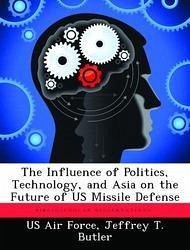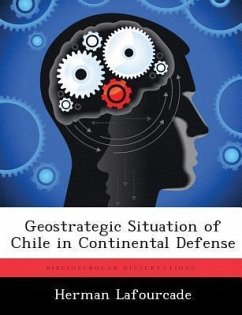Nicht lieferbar

Hearts, Minds, and Defense
Public Diplomacy, Strategic Communication and the United States' Search for Answers in a Post 9/11 World
Versandkostenfrei!
Nicht lieferbar
This study examines the war of ideas concept, as discussed and studied after the terrorist attacks of 11 September 2001 and as the United States began its self-described global war on terrorism. The study examines the many different definitions of this concept, considers why it is important, and analyzes polling and media content analysis data to determine views and opinions of the United States in the Middle East. It argues that the United States, moderate Muslims and Islamic extremists are currently waging an ideological battle for the hearts and minds of Muslims and the people of the Middle...
This study examines the war of ideas concept, as discussed and studied after the terrorist attacks of 11 September 2001 and as the United States began its self-described global war on terrorism. The study examines the many different definitions of this concept, considers why it is important, and analyzes polling and media content analysis data to determine views and opinions of the United States in the Middle East. It argues that the United States, moderate Muslims and Islamic extremists are currently waging an ideological battle for the hearts and minds of Muslims and the people of the Middle East; winning such a battle is important to the United States for short term operational reasons and for long term strategic success; and the United States has had little success in this war. The study evaluates the reasons why the United States has fared so poorly and what solutions in the public diplomacy and strategic communication areas have been suggested by US policymakers, scholars and writers. It examines two historical examples--the US Shared Values Initiative and the prison scandals at Abu Ghraib and Guantanamo Bay, Cuba--to determine what has worked and what has not in the more than five years the United States has fought this battle. The final section concludes with recommendations for the both the US government as a whole and the US military in particular, to include reviewing current US policies toward the Middle East, revising current public diplomacy strategy, centralizing command of communication activities, and aggressively attacking enemy propaganda. In the end, the study posits that public diplomacy and strategic communication cannot win the war of ideas alone, but are important parts of the United States' arsenal in the global war on terrorism.












